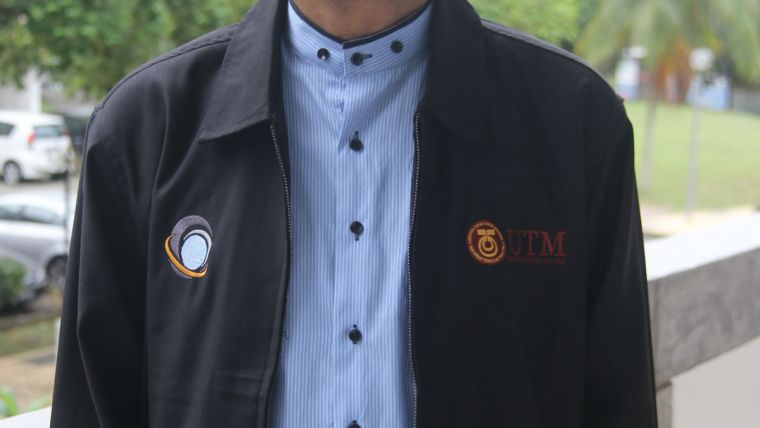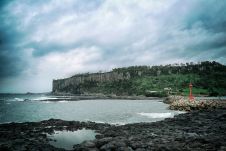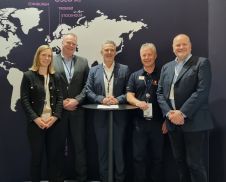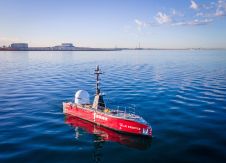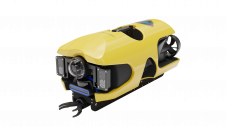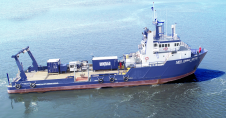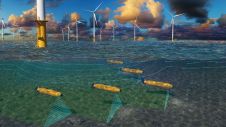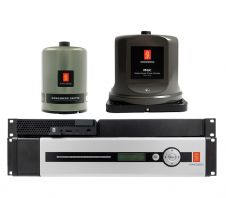5 Questions to Dr. Mohd Razali Mahmud
Dr. Mohd Razali Mahmud is head of GeoCoastal Research Unit, Faculty of Geoinformation and Real Estate, Universiti Teknologi Malaysia (UTM). Hydro International asked him 5 questions.
Attracting sufficient students is a first priority at universities. What is the situation at your university?
In the past, UTM was more focussed on the undergraduate intake. But now the university is also committed to postgraduate enrolment. As a consequence, we have reduced the undergraduate intake to cater for the postgraduate students. Therefore, the intake for the undergraduate students at UTM is sufficient.
What impact does the increasingly important role of hydrographics have on education?
In Malaysia, the tragedy that occurred to flight MH370 has opened the eyes of Malaysians to the importance of hydrography in search efforts. People are now more aware of the important role of hydrography on education.
Furthermore, the recognition granted to our FIG/IHO/ICA Category A and Category B Hydrographic programme has helped UTM management to appreciate the important role of hydrography on education. In April this year, UTM was also granted recognition by the FIG/IHO/ICA for our Nautical Cartography Programme as equivalent to Category B level. The response from the government agencies and private sectors, local and abroad to these programmes is satisfactory.
How do you cooperate with manufacturers of hydrographic hardware, software and geodata?
We are very fortunate to receive support from various manufacturers who are willing to cooperate with UTM on educational activities related to hydrographic education. The support from the university in purchasing the various hardware and software provide the linkage of continuous cooperation with them. These manufacturers are also very helpful in providing different geodata for use by the students for their study. We are also fortunate to have an academic partnership with a software manufacturer.
What do you regard as the biggest challenge in the hydrographic sector and how can universities contribute to tackling it?
Getting a potential candidate that has strong qualifications in the industry with high hydrographic knowledge. This candidate has attended and passed the FIG/IHO/ICA Category A Hydrography programme with a strong educational background. They are not only strong in the theoretical aspects of hydrography but are also well versed with the hydrographic operation. Hopefully, this candidate will rise from a staff member to a principal level and finally a custodian level in their work place.
The university can help to train this candidate to obtain the necessary academic certificate in hydrography and expose the candidate to various hydrographic operations by cooperating with the hydrographic sectors in building their career. Therefore, the candidate should be given the opportunity to attend what is known as industrial training after their graduation in order to gather the necessary experience in hydrography.
If students from your university plan to start their own company, what do you advise them?
Normally, we will expose the students to the manufacturers and industry related to hydrography by inviting them to join many activities at the university. Furthermore, the students are given the support to attend various activities such as short courses, seminars, conferences, exhibitions, etc. These opportunities will expose them to networking that will be very helpful to the students if they plan to start their own company.

Value staying current with hydrography?
Stay on the map with our expertly curated newsletters.
We provide educational insights, industry updates, and inspiring stories from the world of hydrography to help you learn, grow, and navigate your field with confidence. Don't miss out - subscribe today and ensure you're always informed, educated, and inspired by the latest in hydrographic technology and research.
Choose your newsletter(s)
